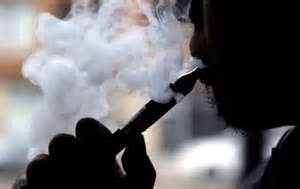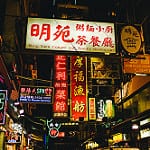
Hong Kong authorities confiscated HKD1.23 billion ($157 million) worth of illicit cigarettes to date this year—the largest haul of the contraband in 20 years, reports the South China Morning Post, citing figures from the Customs and Excise Department.
As of Sept. 22 this year, customs officials had seized about 440 million untaxed cigarettes, well above the 427 million cigarettes worth HKD1.19 billion found in the whole of 2021.
If legally imported, this year’s contraband would have generated HKD839 million in tax, according to a law enforcement source.
The source attributed the rise in contraband seizures to the resumption of seaborn logistics after Covid-19 disruptions and a possible rise in the price of tobacco products in Europe.
“As the resumption of seaborne logistics business in May, syndicates have started to accumulate their storage of illicit cigarettes in the city while trying to find buyers in Hong Kong and overseas,” the source told the South China Morning Post.
He said some of the gangs also stockpiled a huge volume of illicit cigarettes in the city as they anticipated a possible rise in the price of tobacco products in Europe amid high inflation.
This year’s seizures reached 440 million cigarettes after authorities discovered 21.6 million untaxed cigarettes worth HKD59 million hidden in two shipping containers in Tsing Yi and Yuen Long in their latest operation on Sept. 19.












